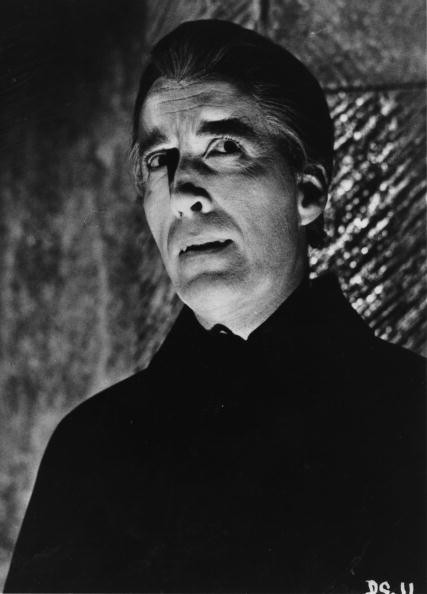
First things first: There are people who say that they are vampires. Really. These are people who say they need the energy they get from sucking blood from a willing human donor or an animal. A study of these people, who come from all walks of life, has found that they are often afraid to tell their doctor or therapist about their alternative lifestyle.
The lead author of the study, D.J. Williams, an associate professor of social work at Idaho State University, has been studying people who identify as vampires for several years. These are not "Goths" or people who wear fake fangs and put on a lot of pale make-up; they are people who say they are usually very tired. They treat this tiredness by finding someone who is willing to let them imbibe a little blood from a cut. Some vampires say they get a psychic boost from the blood and others say the blood supplies them with energy that they need to function properly. According to Williams, there may be thousands of these vampires around the world.
In the study, Williams and his colleagues used a questionnaire to survey 11 people who had identified themselves as vampires and drinking blood for many years. The results showed that many worry about disclosing this identity to healthcare professionals for fear of stigmatization, being judged as evil, being thought to have a psychiatric problem, or simply not being taken seriously. Other parts of the questionnaire found that the participants apparently function normally in society and on their jobs.
Social workers, psychologists and psychiatrists, and general physicians need to become more aware of alternative lifestyles and to understand their own biases and stereotypes, the study concluded. Establishing trust with patients with unusual lifestyles is needed in order to give them more effective counseling and healthcare.
The study was published in the journal Critical Social Work.



